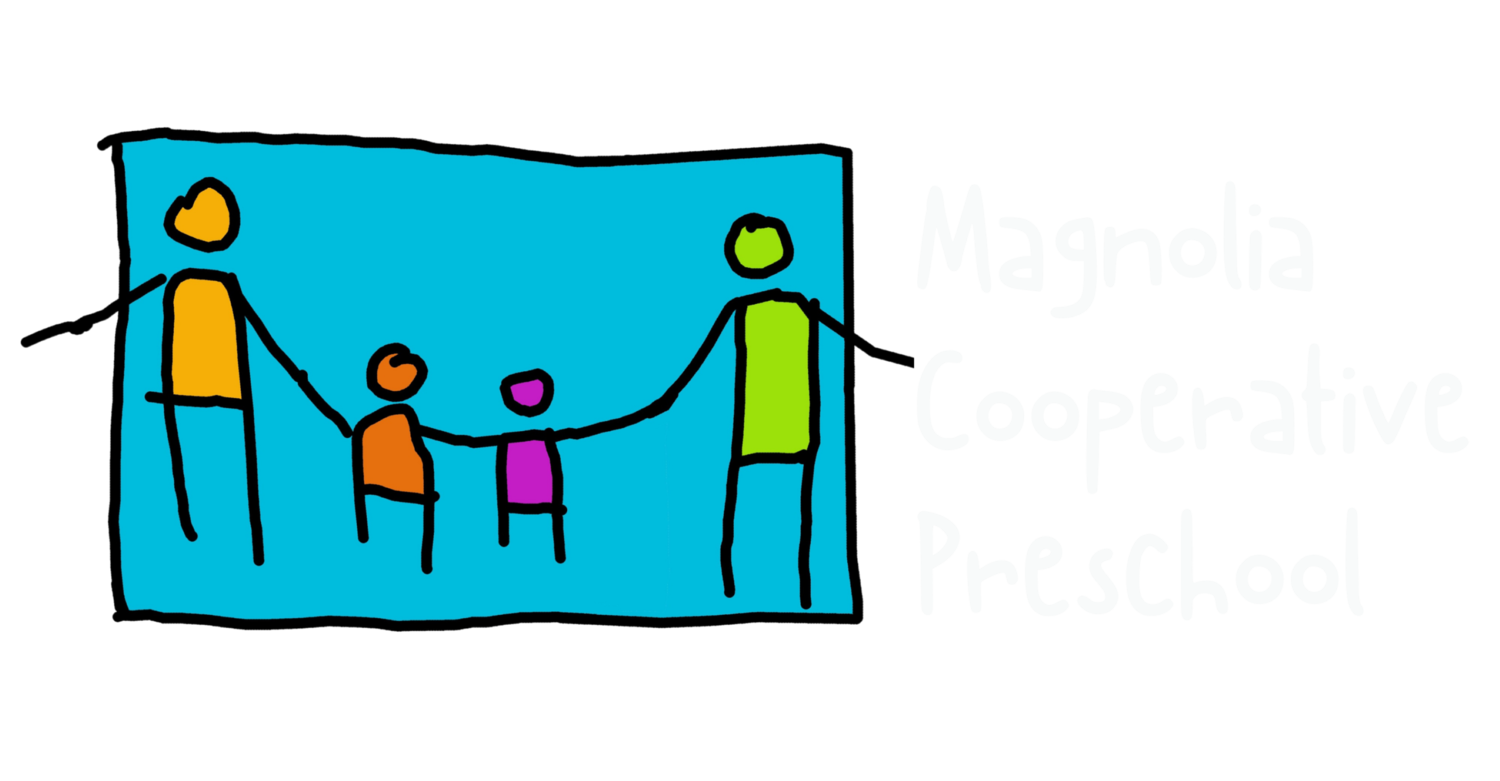Being a parent is one of life’s most significant tasks, yet most parents receive minimal training or support to handle the challenges of raising a family. Meeting this need, North Seattle College offers a long-standing, successful program that educates parents and caregivers for their important role while providing strong preschool experiences for youngsters.
How it works
Magnolia Co-operative Preschool partners with North Seattle College's Parent Education Department to provide a shared learning experience for parents/caregivers and their children.
Parents/caregivers are involved in their child's early education experience by participating once a week in the cooperative preschool classroom where their child is enrolled and at a monthly evening adult-only class taught by the Parent Educator — an NSC faculty member. The Parent Educator also advises and supports the "lab experience" of adult students while they are assistant teachers in their child’s preschool.
Every family will enroll at least one adult in the North Seattle Parent Ed class. In this course, the Parent Educator is the parent’s “professor,” the monthly parent education meeting is the “class,” and the preschool is the “class laboratory.”
Benefits for Caregivers and Families
Parent Education classes help adults become more effective and satisfied in their roles as caregivers by helping them understand child development and behavior, by encouraging the recognition of developmentally appropriate activities and responses to challenges and by creating a supportive and accepting atmosphere for adults to learn from one another.
Parent Education at Magnolia Cooperative Preschool is rooted in an anti-bias framework. All teaching and methodology recognizes and celebrates that there are many different ways to raise a family, and that we have much to learn from each other and from our children.
Anti-Bias Education Goals
Each child will demonstrate self-awareness, confidence, family pride and positive social identities.
Each child will express comfort and joy with human diversity, accurate language for human differences, and deep caring human connections.
Each child will increasingly recognize unfairness, have language to describe unfairness, and understand that unfairness hurts.
Each child will demonstrate empowerment and the skills to act, with others or alone, against prejudice and/or discriminatory actions.

